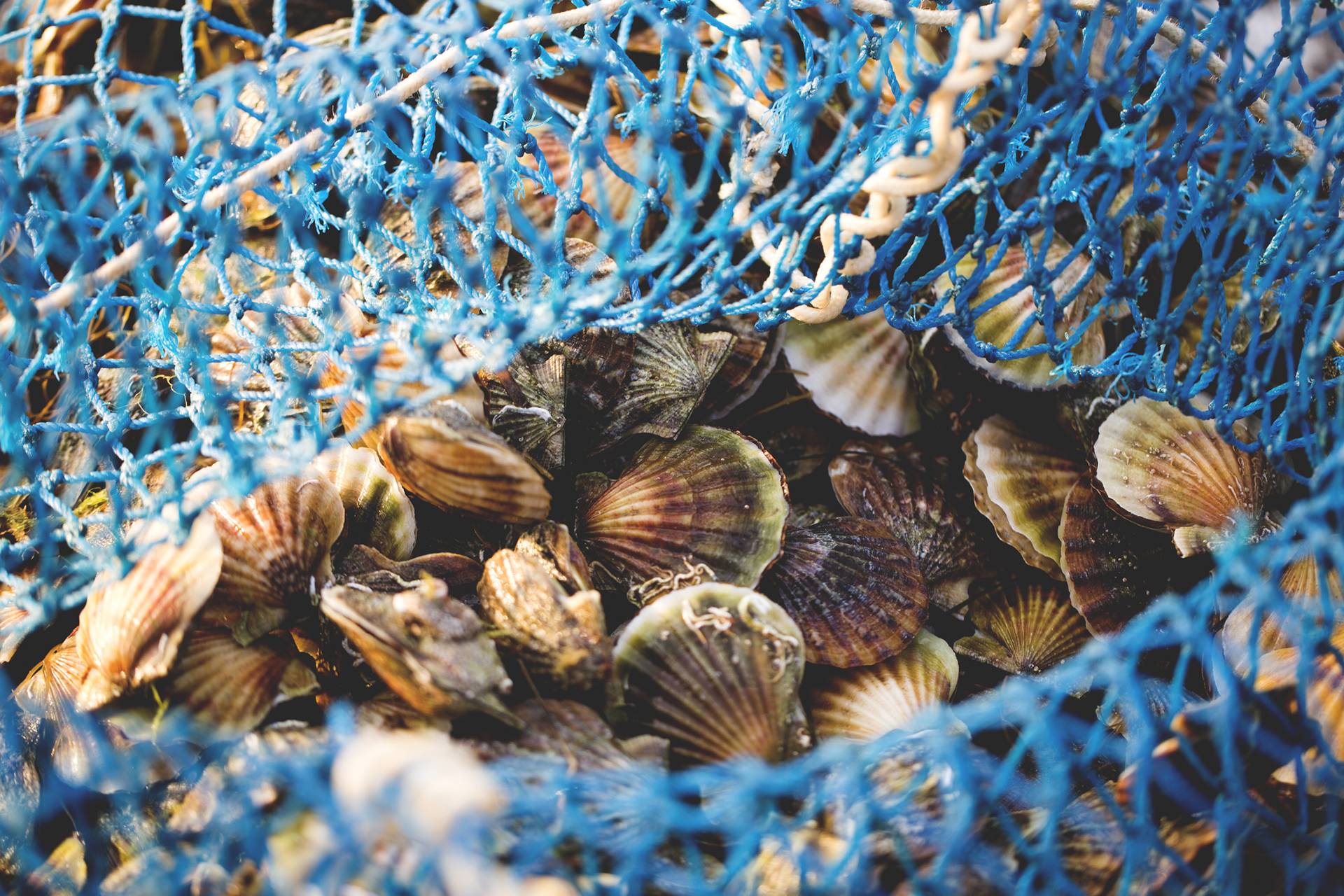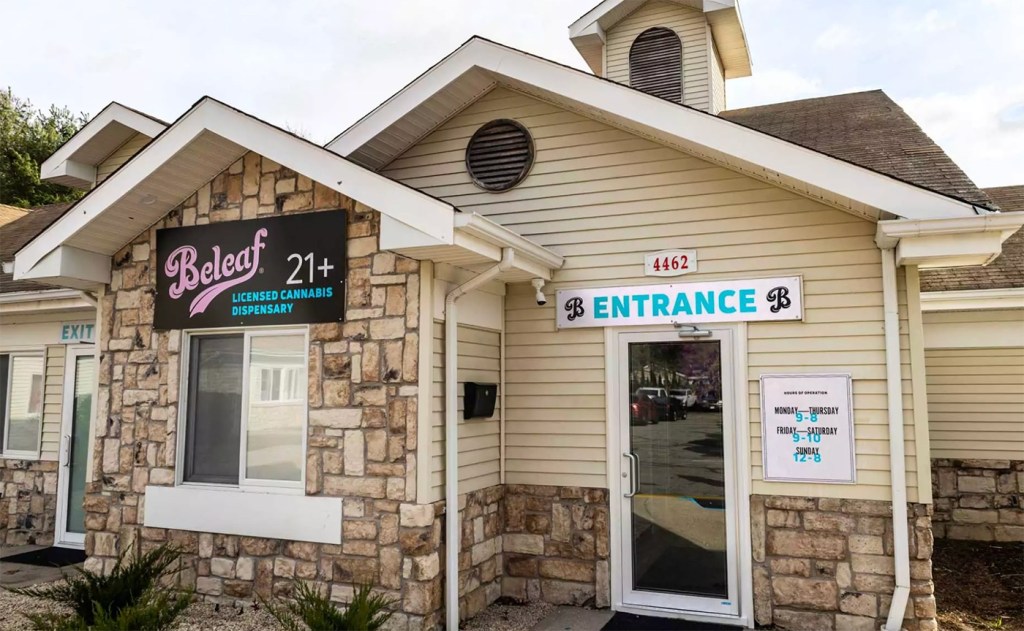Local Scallops May Be In Fight For Life

With the unexpected die-off of Peconic Bay scallops, efforts to prevent it from happening again are in full swing.
The wipeout is particularly devastating to local baymen and fishmongers, because the marine bivalve mollusks are a business staple.
“They absolutely are,” said Colin Mather, the proprietor of Wainscott’s Seafood Shop. “You put out a sign and people come in.”
It is one of the few products the water yields after the freeze comes in, with the season typically lasting through November.
“The season used to start in September and run all the way into March,” Mather said. “It’s bad. I guess it depends on what side of the political spectrum you are on, but the water is getting warmer.”
Experts are left to look for clues to what happened, and while there is no easy explanation, one thing that’s certain is water temperature in the bays was higher than normal this year. If that becomes a regular occurrence, scallops may not adjust.
“Unfortunately, the collapse of the adult bay scallop population is more complicated than just the health of local waters,” said a Peconic Estuary Program press release. “Many estuary systems are changing from climate change.”
Other expert organizations, like Cornell Cooperative Extension, also think warmer waters, directly or indirectly, led to the die-off.
“New York’s bay scallops are living close to the edge, unable to tolerate water hotter than the mid-80s,” the research group said. “They are particularly stressed by temperature spikes.”
Stephen Tettelbach, a shellfish ecologist with Cornell Cooperative Extension, knew two weeks ago that the scallop season was essentially non-existent, and told a group of baymen gathered at Greenport.
One of the catalysts of the county’s scallop restoration project in East End waters, Tettelbach sounded a grim prognosis. He said high water temperatures and the accompanying low oxygen levels makes scallop life unsustainable. Baymen and commercial fishermen can’t make up the lost income.
“They can fill out bass tags, keep the traps in a little longer,” Mather said, but some have closed up shop early.
rmurphy@indyeastend.com



